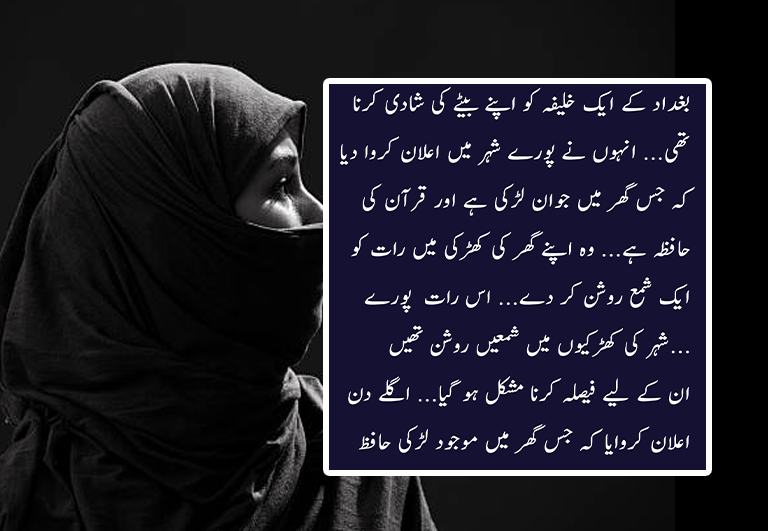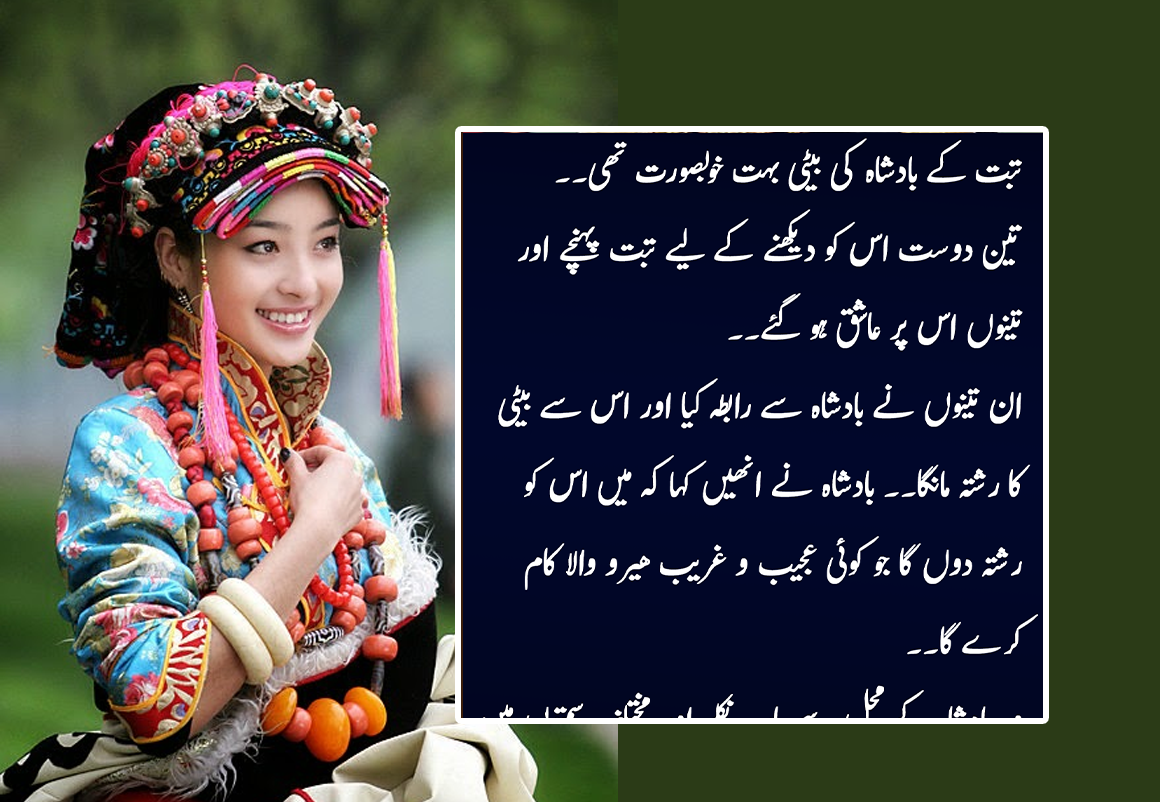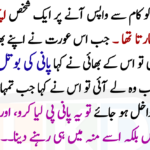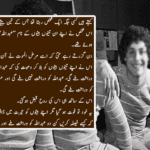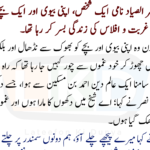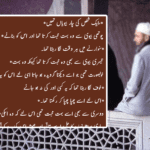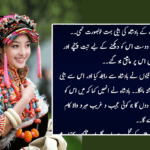After the partition of India, many heartbreaking stories emerged, but few are as unforgettable as the tale of Boota Singh. A farmer from Jalandhar, Boota Singh saved a young Muslim girl, Zainab, from rioters by purchasing her for fifteen hundred rupees. Over time, Boota Singh and Zainab married according to Sikh customs, and eleven months later, Zainab gave birth to a baby girl they named Tanveer.

Years later, Boota Singh’s relatives informed the authorities who were searching for women and girls abducted during the riots. Their motivation was to reclaim Boota Singh’s property, which his marriage had put out of their reach. Zainab was taken away from Boota Singh and sent to a camp as efforts began to locate her relatives in Pakistan. Devastated, Boota Singh went to Delhi, where he took the drastic step of cutting his long hair and converting to Islam, adopting the name Jamil Ahmed.
With his new identity, he approached the Pakistan High Commission, demanding the return of his wife. However, his request was denied due to the strict adherence to the agreement between the two countries that required abducted women to be returned to their families.
For six months, Boota Singh visited the camp daily to see Zainab. Eventually, her relatives were located in Pakistan, and the day came for Zainab to be sent back. Boota Singh and Zainab tearfully parted, with Zainab promising to return soon to live with her husband and daughter. Boota Singh requested permission to migrate to Pakistan as a Muslim, but his request was denied. He then sought a visa, which was also refused. Desperate, Boota Singh illegally entered Pakistan with his daughter, now renamed Sultan, and left her in Lahore before setting off to find Zainab’s village.
Upon arriving, Boota Singh was heartbroken to discover that Zainab had been married off to a distant relative within hours of her arrival in Pakistan. Pleading for her return, Boota Singh was beaten by Zainab’s brothers and relatives and handed over to the police for entering Pakistan without a passport or visa. In court, Boota Singh begged to be reunited with his wife, promising to verify her wishes himself. The court was moved by his plea and allowed Zainab to appear a week later.
News of the case spread, and on the appointed day, Zainab appeared in court, terrified. Surrounded by her relatives, she recognized Boota Singh and their daughter. When asked if she wanted to return to India with them, Zainab, under immense pressure from her family, reluctantly said, “No.” This rejection shattered Boota Singh. He tearfully handed his daughter to Zainab, saying he could not live without her. The judge asked if Zainab would accept responsibility for her daughter, but her family vehemently refused to mix Sikh blood with theirs. Zainab, fearing the repercussions for her daughter, declined.
Crushed by the rejection, Boota Singh took his daughter and left the court, his heart broken. He spent the night crying and praying at the shrine of Data Ganj Bakhsh. The next morning, he bought new clothes and shoes for his daughter before heading to the railway station. As a train approached, Boota Singh held his daughter tightly and jumped in front of the engine. Miraculously, his daughter survived without a scratch, but Boota Singh was killed instantly. A farewell letter to Zainab was found in his pocket, expressing his undying love and his last wish to be buried in her village.
The tragic death of Boota Singh quickly spread throughout Lahore. Thousands of Muslims attended his funeral in Zainab’s village, but her relatives refused to allow his burial there. Officials directed that he be buried in Lahore’s Miani Sahib Cemetery, where his grave was soon covered with flowers. However, Zainab’s family desecrated the grave, causing outrage in Lahore. The people of Lahore reburied Boota Singh and once again covered his grave with flowers, this time ensuring its protection.
Boota Singh’s daughter, Sultan, was taken in by a family in Lahore who raised her as their own. She eventually moved to Libya with her engineer husband and their three children.
Boota Singh was honored with the title “Shaheed-e-Mohabbat” (Martyr of Love) by the people of Lahore. His story is a poignant reminder of the countless tragedies that unfolded during the partition, where over a million lives were lost. Documented by authors like Larry Collins and Dominique Lapierre, as well as others, this tale stands as a testament to love, sacrifice, and the harrowing consequences of communal strife.

